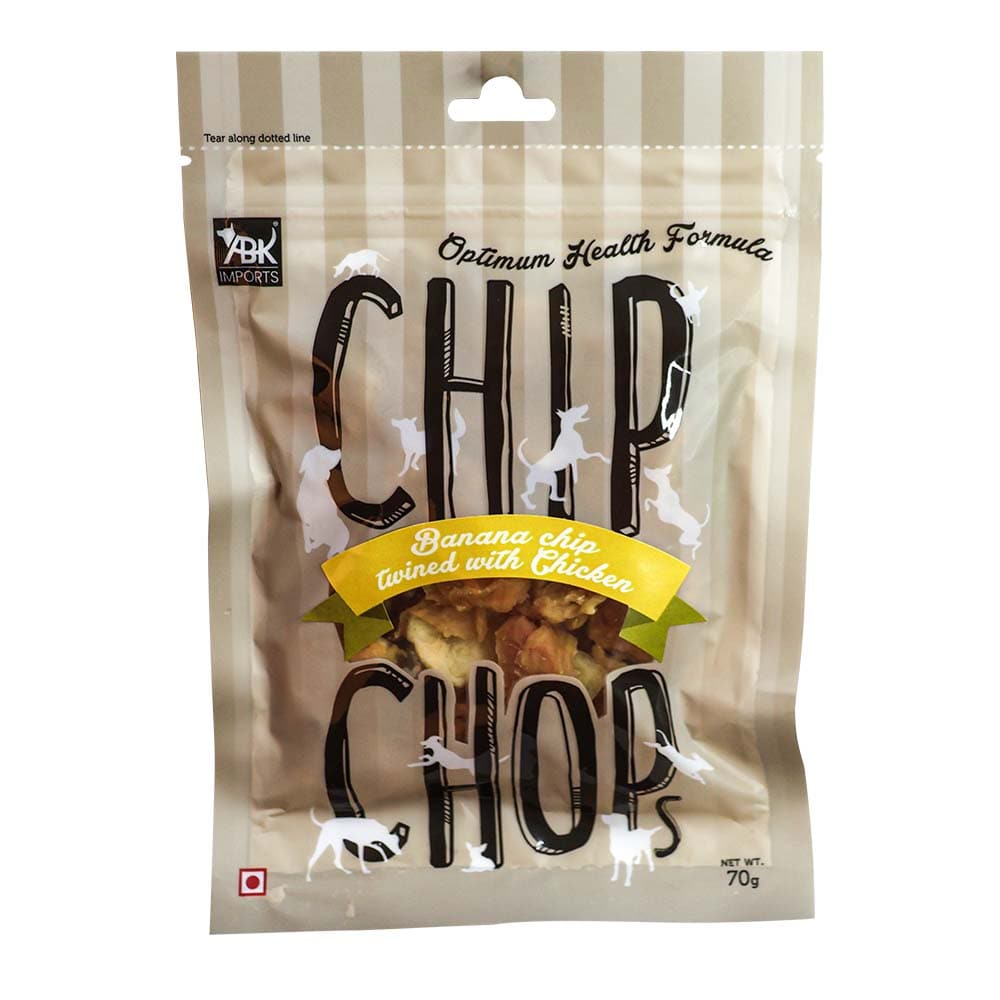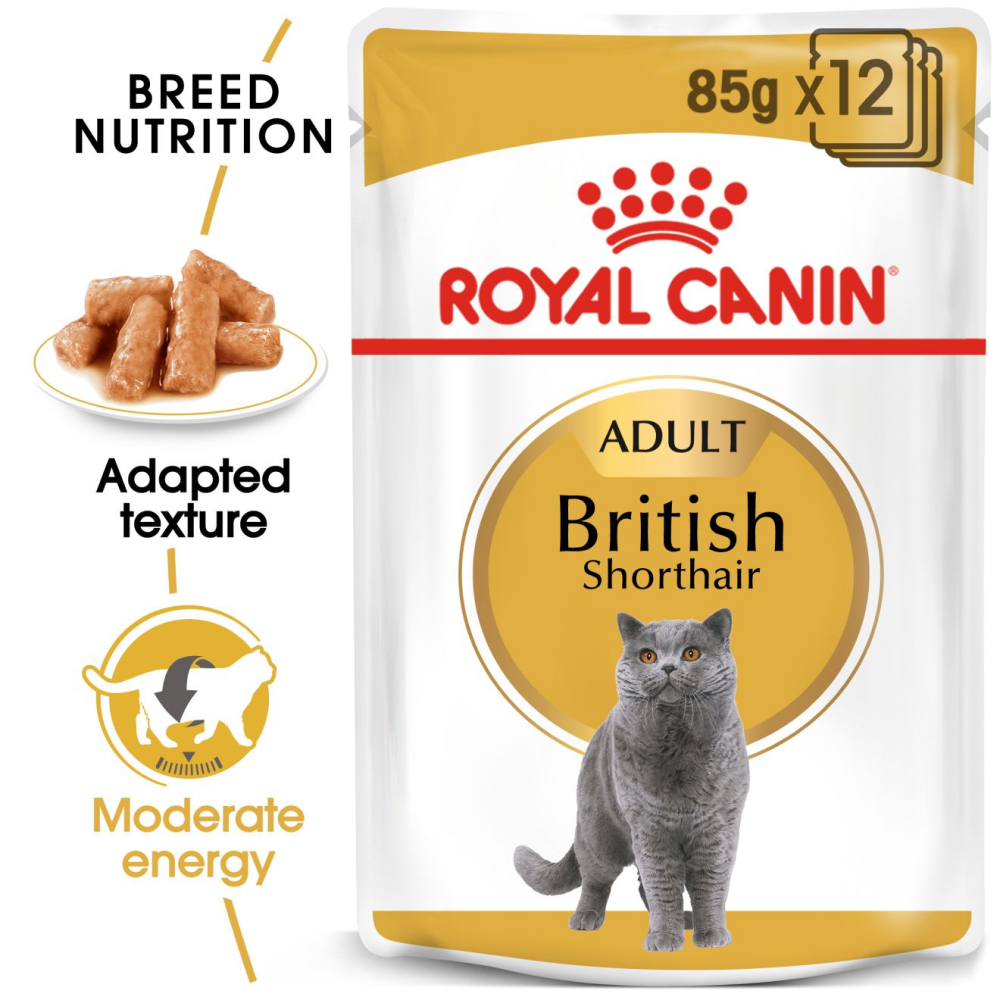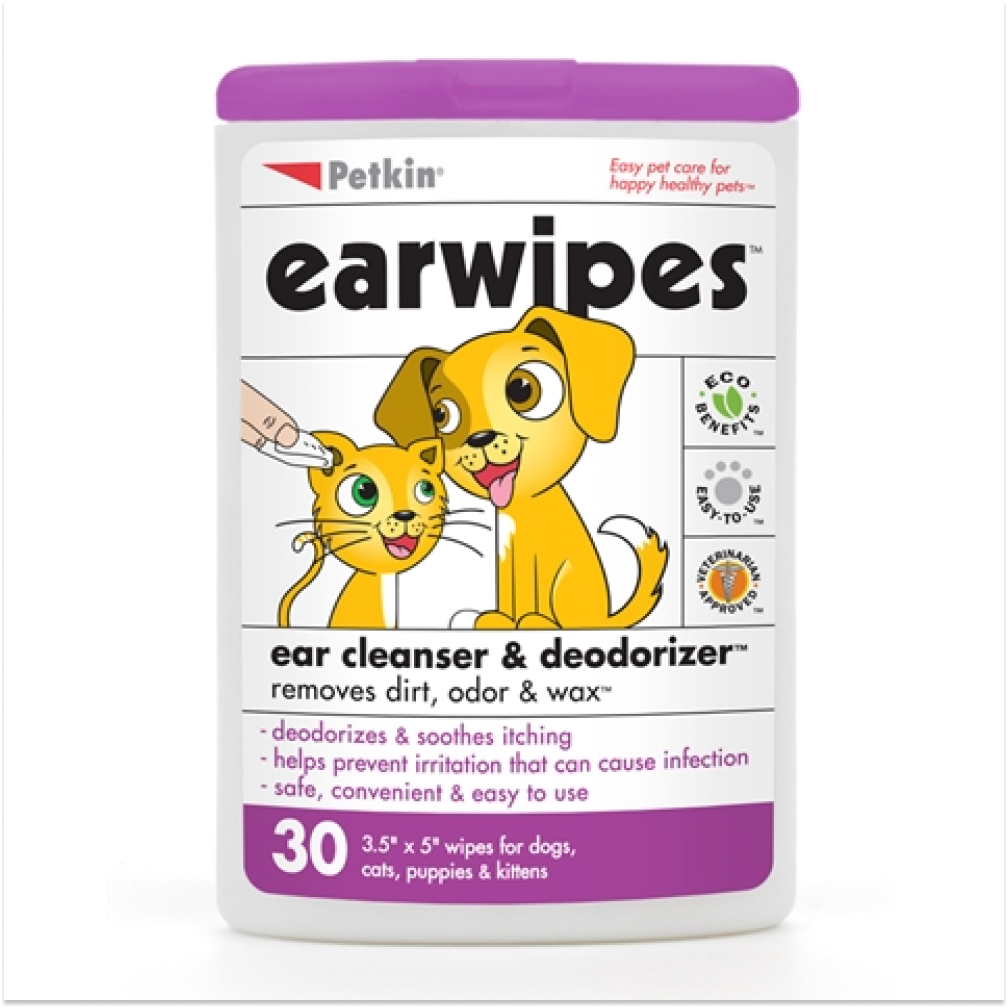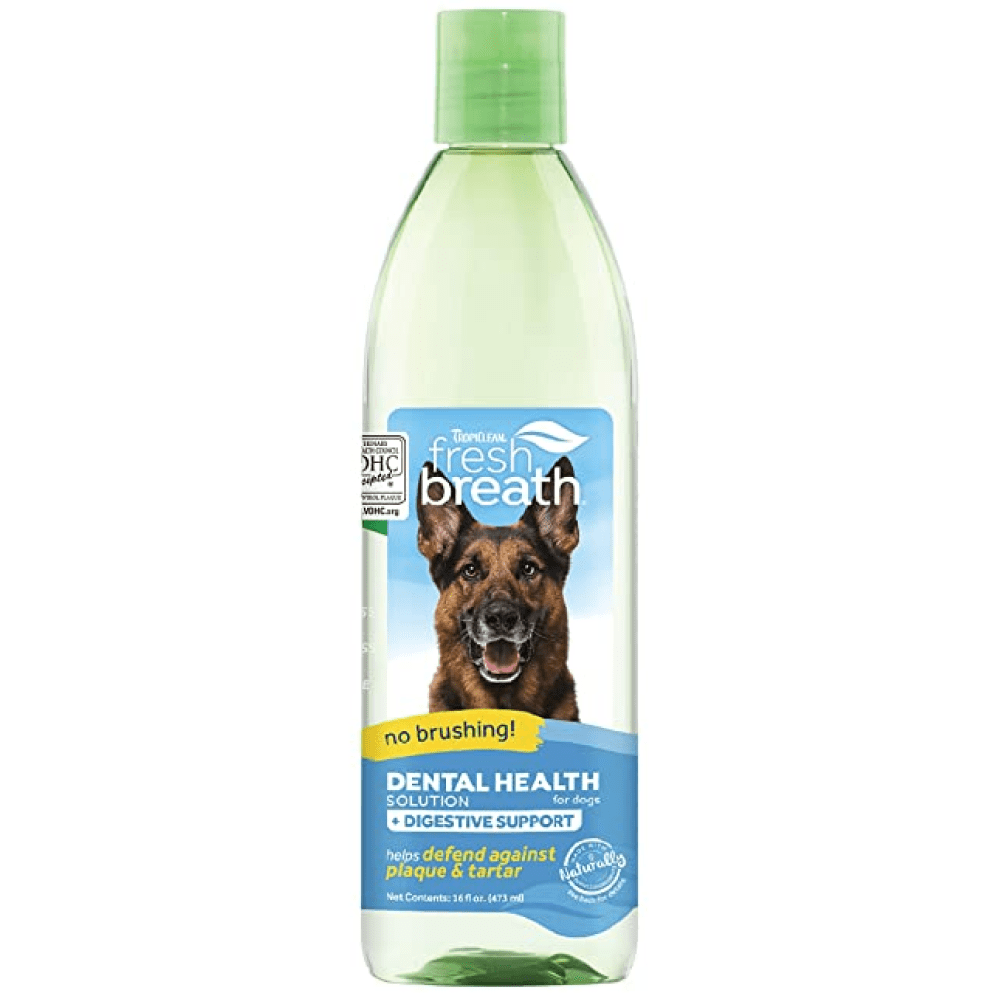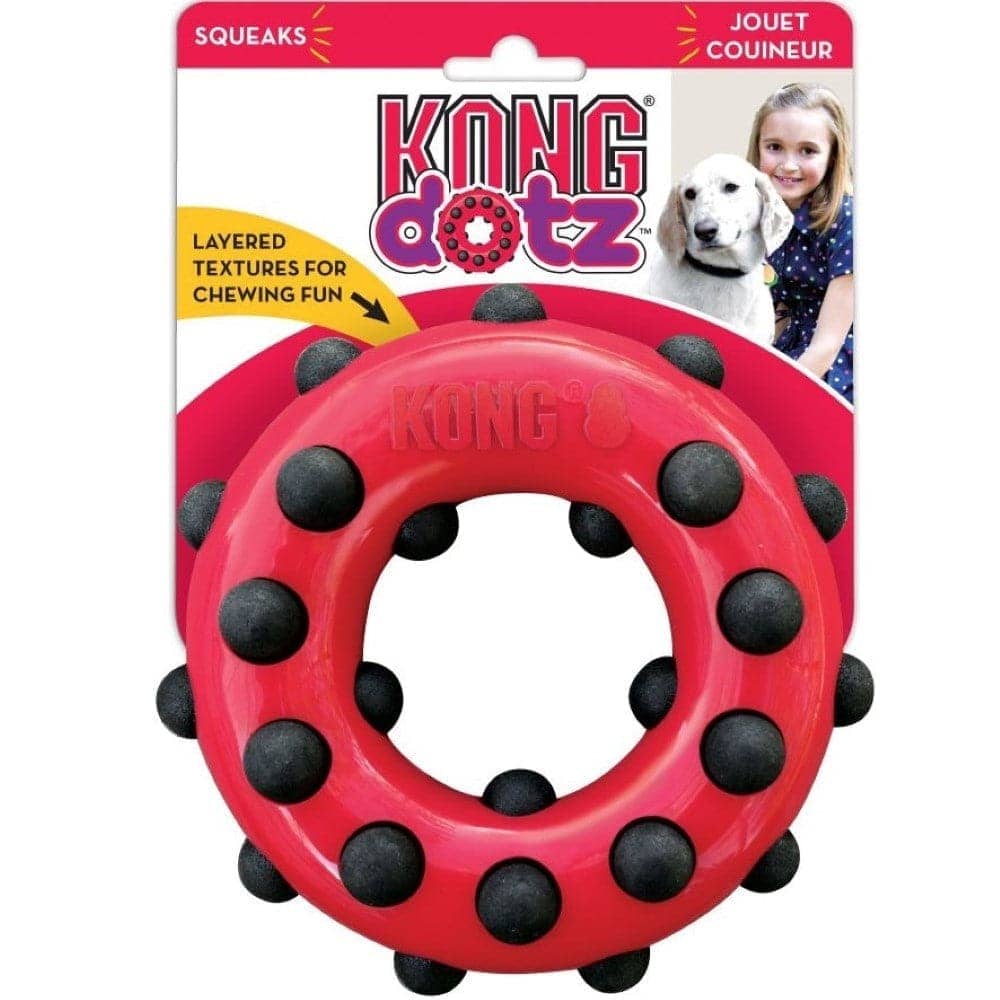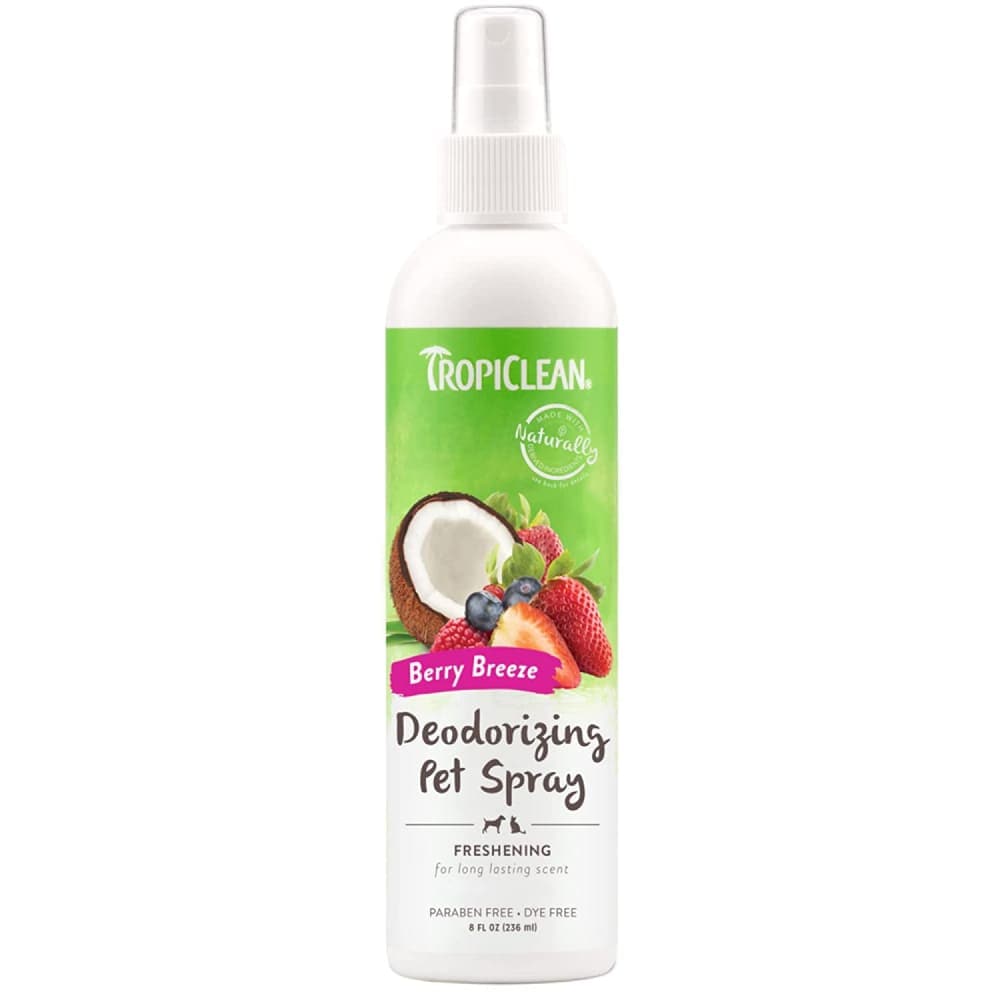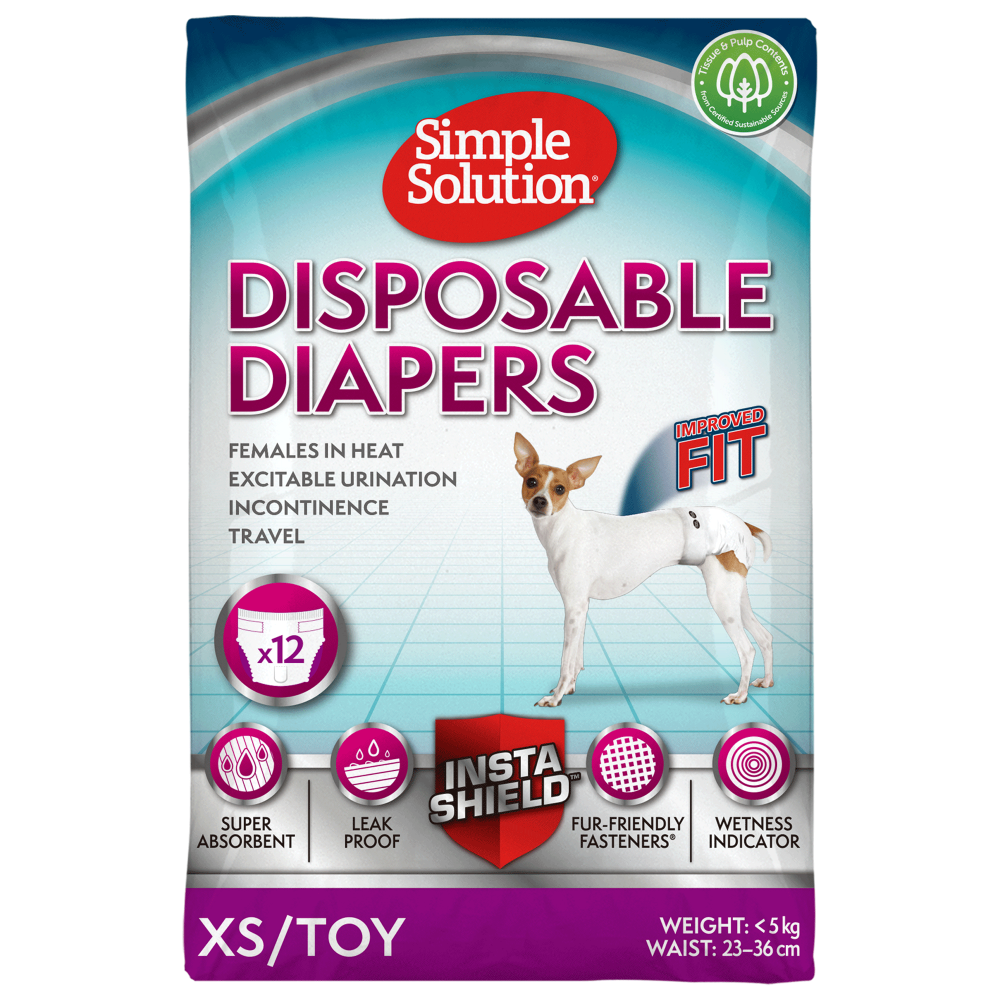
Vaccination for puppies and dogs is the first wall of defence against deadly diseases. Puppies receive natural immunity to an extent from their mothers’ milk for the first 6-9 weeks. But to continue this protection, puppies and dogs need to be duly vaccinated. Amongst the different types of vaccine combinations, the 7-in-1 vaccine for dogs provides the widest coverage and provides dogs protection against 7 dangerous diseases.
In this article, we have listed the details of the diseases covered by the 7-in-1 vaccine, its mode of action, the 7-in-1 vaccine schedule and the probable vaccine side effects for dogs. Keep reading to learn about the A to Z of 7-in-1 vaccine for dogs:
Diseases covered by the 7-in-1 vaccine
The 7-in-1 vaccine for dogs provides protection against the following diseases:
1. Canine Distemper
Canine distemper is a highly infectious disease. The virus spreads through air and transmitted when unprotected dogs come in contact with infected dogs. Common signs of the disease include incessant coughing, fever, lethargy, nasal discharge, vomiting, and diarrhoea.
Though worrisome for all, this disease is more dangerous for puppies and dogs with weaker immune systems. While there is no cure for canine distemper, supportive care like fluids and supportive treatments can help combat secondary infections.
2. Canine Adenovirus Type 1 (Hepatitis)
This virus primarily affects the liver and causes severe consequences, especially in unvaccinated and immune-compromised dogs. The infection can spread via dogs coming into contact with infected urine, faeces or saliva. Common signs of the disease include fever, jaundice, vomiting, abdominal pain, and liver dysfunction.
Though there is no cure for the disease, the fatality can be reduced with timely vaccination and supportive care including maintaining hydration and managing symptoms.
3. Canine Adenovirus Type 2 (Kennel Cough Syndrome)
This virus causes common respiratory issues in dogs, similar to a human cold. It is spread through respiratory droplets when dogs sneeze or cough. Common signs include coughing, sneezing, nasal discharge, and respiratory distress.
The disease is not fatal but causes secondary infections and discomfort. Supportive care like vet-prescribed medications, providing plenty of fluids, and cough suppressants can help fight the disease.
4. Canine Parainfluenza
This disease spreads easily through respiratory droplets. Dogs having frequent exposure to outdoor places like parks or kennels are more susceptible. Common signs include coughing, fever, nasal discharge, and lethargy.
The disease can be treated by supportive care like keeping dogs hydrated, providing a restful environment, and administering cough suppressants and vet-prescribed antibiotics.
5. Canine Parvovirus
Parvovirus causes severe gastrointestinal distress in puppies. It is highly contagious and spreads thorugh direct contact with infected dogs or contaminated faeces. Common signs include diarrhoea (often bloody), abdominal pain, severe vomiting, dehydration, and lethargy.
Due to the high fatality rates, it is crucial to safeguard dogs with vaccines. In case of infection, immediate intensive supportive care is required including administering intravenous fluids, anti-nausea medications and vet-prescribed antibiotics.
6. Leptospirosis
This bacterial infection can affect both dogs and humans. It can contaminate water sources and spread through the urine of infected animals. Dogs having frequent outside exposure are more vulnerable to this disease. Common signs include fever, vomiting, diarrhoea, lethargy, muscle pain, and potential kidney and liver damage.
Untreated leptospirosis can have higher fatality rates. But with early detection and care, dogs can recover fully from the disease. Treatment includes the administration of antibiotics, supportive care, and hospitalisation in case of severe infection.
7. Canine Coronavirus
This virus causes intestinal infections and abdominal discomfort in dogs. It is spread through close contact with infected dogs. Common signs include diarrhoea, vomiting, and dehydration.
Though there is no specific treatment for coronavirus infection, supportive care helps manage symptoms.
How the 7-in-1 vaccine works
The vaccine is administered via injection and provides protection against 7 diseases in one shot. The injection contains a small quantity of the diseases causing viruses and bacteria. Once injected, it helps your dog’s immune system to recognise, fight, and remember them. So when your doggo gets exposed to these viruses in the future, their immune system is well prepared to combat them.
The 7-in-1 vaccination schedule
Though there is no one-size-fits-all solution, the vaccination schedule for puppies is usually as follows:
- First dose- at six to eight weeks of age
- Booster dose- at 11 or 12 weeks of age
- Second booster dose- at 16 weeks of age
Once the puppy reaches adulthood, administer annual booster doses every 12 months.
It is best to consult a veterinarian and follow their advice for getting your dog vaccinated safely and to avoid adverse health impacts.
Side-effects of 7-in-1 vaccine
The vaccine is generally safe, but may cause the following temporary and mild side effects to your furry friend:
- Mild swelling at the injection site
- Lethargy
- Mild fever
- Digestive upset
Common questions regarding dog vaccination
Veterinarians encounter a whole bunch of vaccination-related inquiries from sceptical dog parents as parents are always worried about the safety of their pooches. Here are the answers from our expert veterinarian to some of the common questions:
1. What is a 5-in-1 vaccination?
The 5-in-1 vaccine is commonly known as the DHPP vaccine. It provides dogs protection against diseases like hepatitis, parainfluenza, distemper virus, kennel cough, and parvovirus.2. How to take care of puppies post-vaccination?
Let puppies rest in a quiet and relaxing place post-vaccination while their system is processing and responding to the vaccine. If your puppy does not come back to normal activity within 24-48 hours, consult a veterinarian to get help.3. Do dogs need annual booster doses?
Annual boosters help maintain the effectiveness of the vaccines and continue the protection against diseases. However, the need for booster doses may vary as per the type of vaccine and your dog’s age, health, and lifestyle. The best way is to keep your veterinarian updated with your dog’s history and follow their advice for the vaccination schedule.
Parting notes
Puppies and dogs are susceptible to certain deadly diseases. It is important to vaccinate them to keep your furry family members safe and healthy. The 7-in-1 vaccine is a comprehensive solution to protect your dog from 7 dangerous diseases. Go through this article to know all about this vaccine and take the first step in the direction of keeping your beloved doggo safe.
10 Must-Know Tips for Training Your Golden Retriever
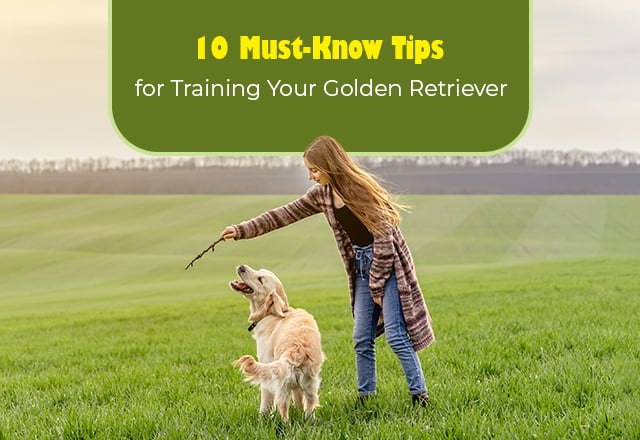
Golden Retrievers are one of the most lovable dog breeds and are widely preferred by dog parents for being people-oriented and having gentl...
Pawsandpaws | Mar 04, 2025How to Teach Your Dog to Use Pet Stairs

Teaching your dog to use stairs is essential for their well-being and safety, especially when they want to reach their favourite spots, lik...
Pawsandpaws | Feb 12, 2025
